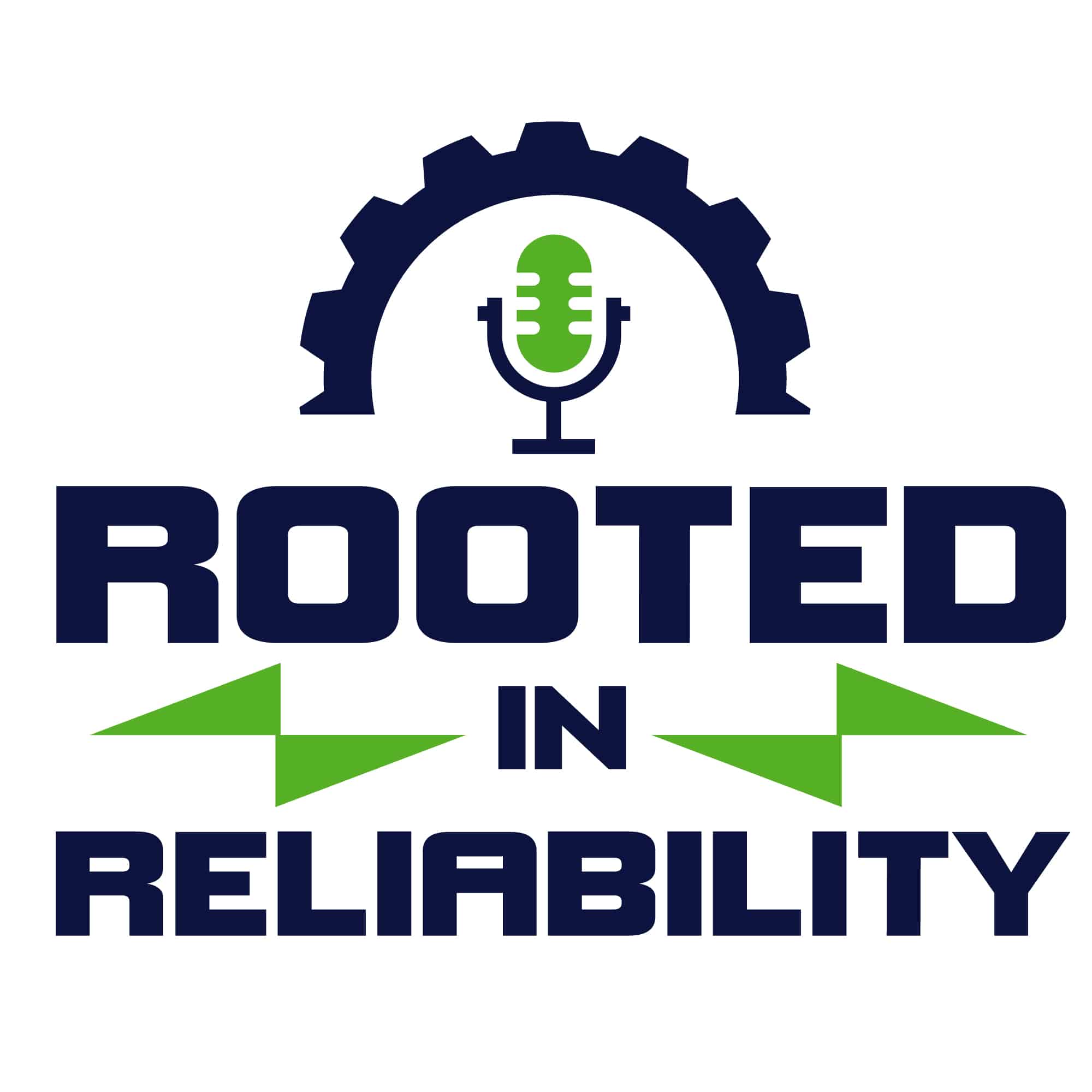
Building a Maintenance Management Program with Brandon Weil
When you think of an asset management program, what comes into your mind? Is it the CMMS? Is it the EAM? Or is it any other tool that helps you keep track of your assets and allows you to manage them? While CMMS and EAM help a lot in managing organizational assets efficiently but a comprehensive asset management program is much more than just computer software. It consists of all those other systems, procedures, and processes that support your CMMS or any other system you might have in place. You might not need a detailed asset management program if you have small-scale business.
In this episode, we covered:
- What maintenance management program is
- Why is this structured approach important for organizations
- What are the benefits of maintenance management program
- Components of maintenance management program
- Do’s and Don’ts of maintenance management program
- Who should be accountable for maintenance management program
- And much more!
But when we talk about big organizations that lose millions of dollars, proactive maintenance is of paramount importance. Because of the unplanned downtime, maintenance cost, and poor quality products, organizations may face the risk of losing their business altogether. In other words, it all comes down to sustainability. Therefore, it is very important to have proper planning and scheduling, reliability engineering programs, and condition-based management programs in every large-scale organization. This will help not only with mitigating all the aforementioned issues but also with increasing your productivity, improving data analysis, and standardizing everything you do.
Next, you need to have a good idea of the organizational culture and the workforce. The organizations go through small changes all the time. When there are too many changes going on, it is harder for people to accept a major change like maintenance management program. You need materials management to get ahead of the work schedule you want to implement. Most importantly, you need a good leadership to implement all the changes smoothly and handle the change management side of things skillfully. It requires organizational leadership to ensure everything is put together cohesively and implement the whole program effectively.
It is always a good practice to assess the current activities in the organization before introducing something new to overcome change resistance. You need to know where everyone’s interests lie and what goals a particular department or an individual might have in mind. Everyone has their personal expectations when a change is being implemented in an organization. You need to have a performance management process that helps everyone see the progress for themselves. When it’s visible to people, they will support you at every stage.
Finally, have those standard procedures and PM compliance in place. These will not only allow you to do predictive maintenance but will also help you to evaluate everyone’s performance. When there is accountability, everyone can contribute to the overall organizational interests and objectives. The key is to make everyone work together and leadership plays a huge role in that. In the end, proper training and coaching should be provided to the staff so that they will be responsible for their actions. This is the only way you will have your assets available when you need them.
Eruditio Links:
- Eruditio
- HP Reliability
- A Smarter Way of Preventative Maintenance Free eBook
- inspired Blended Learning (iBL®)
- James Kovacevic’s LinkedIn
Brandon Weil Links:

Rooted In Reliability podcast is a proud member of Reliability.fm network. We encourage you to please rate and review this podcast on iTunes and Stitcher. It ensures the podcast stays relevant and is easy to find by like-minded professionals. It is only with your ratings and reviews that the Rooted In Reliability podcast can continue to grow. Thank you for providing the small but critical support for the Rooted In Reliability podcast!
 Ask a question or send along a comment.
Please login to view and use the contact form.
Ask a question or send along a comment.
Please login to view and use the contact form.
Leave a Reply